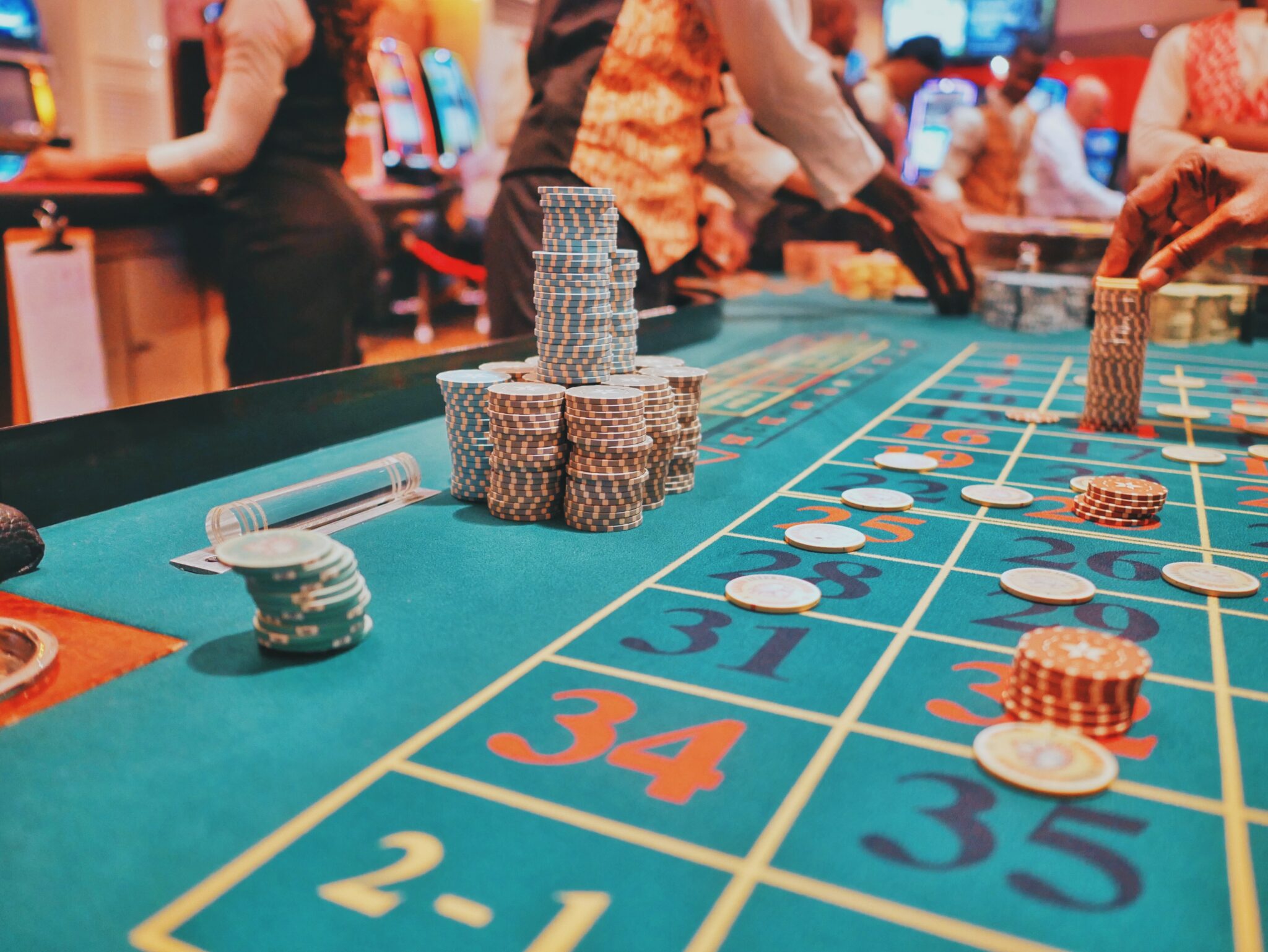Gambling addiction, often called the “hidden illness,” is a compulsive disorder that remains concealed behind closed doors, making it challenging to detect. However, understanding and recognizing the signs in loved ones can be crucial in guiding them toward recovery. The following pointers shed light on the often-overlooked signs of gambling addiction.
Increased Secrecy Surrounding Finances
One of the earliest signs of gambling addiction is when an individual becomes overly secretive about their finances. They can find themselves constantly covering up their tracks, lying about where their money is going or how much they’ve spent. Such individuals often become defensive when asked about spending, hide bank statements, or frequently need to borrow money. Often, these secretive behaviors are not just to keep others in the dark but also to deny the reality of their situation to themselves. This veil of secrecy often stems from mounting losses, growing debts, and a desperate need to chase them in hopes of regaining control, further deepening the addiction cycle.
Unusual Emotional Highs and Lows
Mood fluctuations might indicate gambling addiction. Wins and defeats can cause powerful emotional highs and lows. Financial factors and gambling’s adrenaline and dopamine high might affect mood. A loved one whose mood changes drastically due to gambling should raise concerns. If their enjoyment, drive, or emotional stability seem tied to gambling events or results, it can be more than simply fun.
Obsession with Gambling
Casual chats about gambling or a loved one’s constant focus on sports scores, lottery numbers, or other gambling-related activities can suggest an unhealthy preoccupation. Gambling typically dominates the person’s thoughts and daily life. Other hobbies, interests, and duties become secondary. Gambling addiction can harm relationships and professional performance. Friends and family can feel excluded when talks turn to bets, wins, and losses.
Neglect of Personal and Professional Responsibilities
One significant indication of a gambling problem is when individuals neglect their personal and professional obligations. As gambling becomes a dominant force in their life, tasks and responsibilities that were once prioritized might be pushed aside or completely overlooked. This could manifest as missed deadlines at work, forgetting family events, or even neglecting daily routines and self-care. Observing such a stark shift in behavior can be alarming for loved ones. If you live in Arizona and these signs become increasingly evident, resources like the Gambling Addiction Hotline AZ can provide guidance and support.
Defensive Behavior and Denial
Confronting a loved one about potential gambling problems can lead to defensive reactions. They might trivialize their gambling habits, argue that it’s just a hobby, or outright deny that there’s an issue. This defensive posture is often a mechanism to protect their addiction and continue gambling without interference. It’s crucial to approach such conversations with empathy, understanding that denial is a common defense mechanism. Instead of being confrontational, offering non-judgmental support and expressing genuine concern for their well-being can pave the way for more open dialogue.
Escalation in Gambling Amounts
At first glance, the amount of money at stake cannot be of much consequence. On the other hand, as the severity of the addiction increases, so does the sum of money that is at risk. Observing the person you care about is betting bigger quantities of money or discussing huge wins and losses can indicate that their gambling habits are becoming more severe. This growing financial risk can lead to more severe financial stresses, such as unpaid payments and building debts, which can burden one’s ability to make ends meet. Awareness of these warning indicators can assist in taking preventative action before the situation becomes more serious.
Withdrawal from Social and Family Activities
A noticeable withdrawal from previously enjoyed social activities or family gatherings can be a telling sign. The individual can prioritize gambling over spending time with family or friends. This isolation can further exacerbate the problem, as the individual can turn to gambling to cope with loneliness. As the addiction intensifies, their world can become more insular, with the gambling environment becoming their primary social outlet. This shift not only strains personal relationships but also reinforces the cycle of addiction.
Conclusion
Identifying gambling addiction in a loved one requires vigilance, understanding, and compassion. While the signs mentioned above are indicators, every individual’s journey with addiction is unique. If suspicions arise, it’s essential to approach the situation with empathy, offering support and guidance rather than judgment or blame. Recognizing the problem is the first step, but the journey to recovery is a collaborative effort that demands patience, love, and unwavering commitment.
